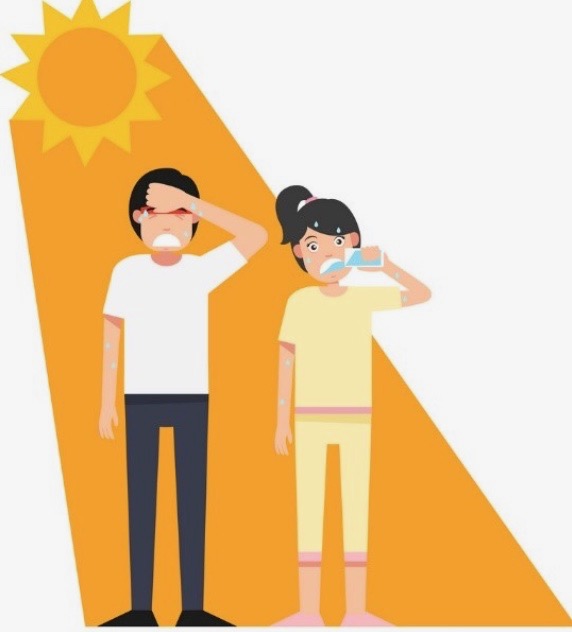It’s been hot outside. Keeping cool is a priority especially if you take medications that can increase your risk of hyperthermia and heat stroke.
Infants and the elderly tend to be more at risk, but so are people with chronic heart disease, dementia or mental health conditions.
Medications can affect how your body respond’s to heat by:
- causing dehydration
- altering the thirst response
- preventing sweating
- blocking the awareness of being hot (i.e. knowing that it’s time to remove a sweater or use a fan)
Here are some examples of medications that can put you at risk
- antipsychotics – e.g. chlorpromazine, quetiapine, aripiprazole
- can alter your body’s perception that it is getting too hot
- anticholinergics – e.g. tricyclic antidepressants (like amitriptyline), oxybutynin
- reduce sweating and your ability to eliminate heat
- laxatives and diuretics (e.g. water pills like furosemide)
- can cause dehydration, especially if you’re not drinking enough
Another concern is the possibility of overhydrating (i.e. drinking too much). Some medications, when combined with too much water intake, can cause electrolyte imbalances, like low sodium levels.
Talk to your pharmacist to see if you or someone that you care for is at risk for a heat-related illness due to their medication. Your pharmacist can increase your awareness of how to identify symptoms and offer suggestions on how to keep you safe from overheating during these hot summer days.
A great handout is available at: https://opatoday.com/tips-and-common-questions/tip-sheets/medications-and-heat
FYI – all residents in long term care facilities in Ontario have a heat risk assessment completed annually in spring to ensure a plan is in place to reduce their risk of a heat-related illness.

